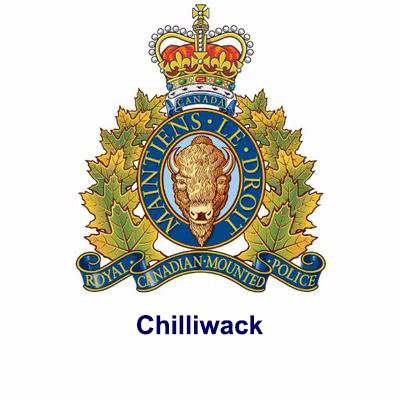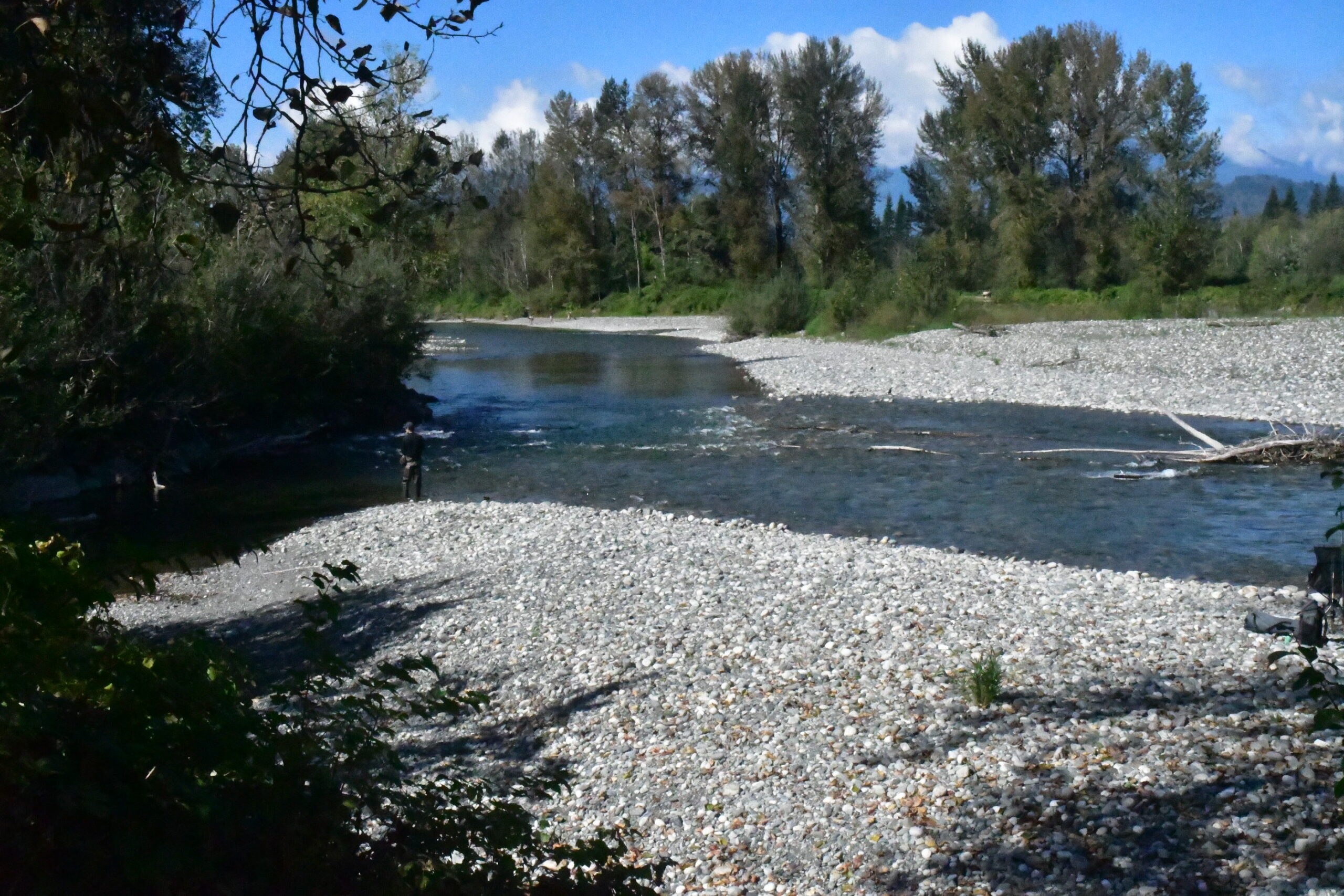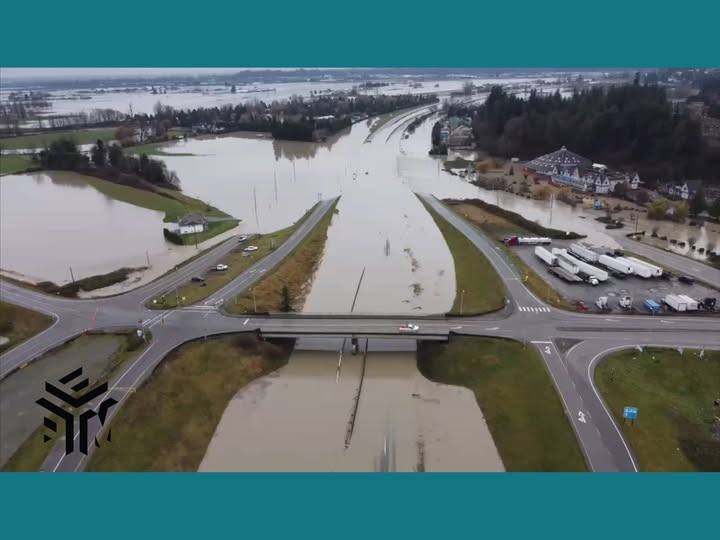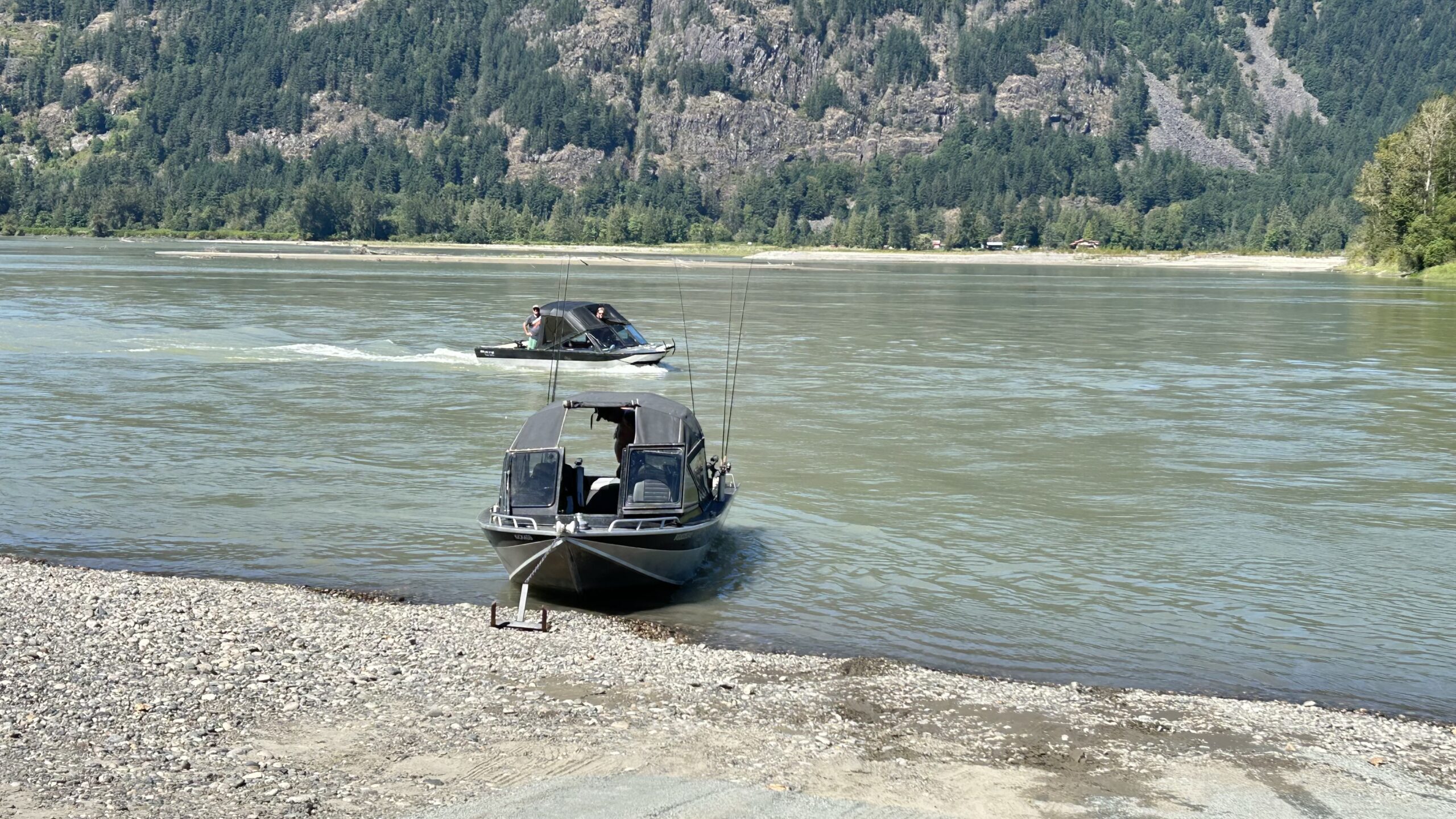Vancouver/Fraser Valley/Revelstoke – FEBRUARY 1 UPDATE – The Special Public Avalanche Warning for the South Coast has been extended and expanded to include Vancouver Island. This warning is an extension from one that was issued on January 28 and will be in effect until February 4.
Avalanche Canada continues to be concerned about a buried weak layer that is generally not found in this warmer climate. The recent snowfall has now put a greater load on that layer, which means it is deeper in the snowpack.
When this weak layer is triggered, the resulting avalanche could be deadly.
❗ Special Public Avalanche Warning for the South Coast extended and expanded to include Vancouver Island. This warning is an extension from one that was issued on January 28 and will be in effect until February 4. 1/3 pic.twitter.com/PUrjHg4dEv
— Avalanche Canada (@avalancheca) February 1, 2021
JANUARY 29 ORIGINAL STORY – Avalanche Canada is issuing a Special Public Avalanche Warning for recreational backcountry users in BC’s South Coast Region. The warning is in effect immediately and through the coming weekend. Avalanche Canada forecasters will reassess the situation on Monday to determine if the warning should be extended into next week.
VIDEO – https://fb.watch/3kuvQLfO2d/
The snowpack in the South Coast region is highly unusual, with a buried weak layer that is generally not found in this warmer climate. The unusually cold weather over the past two weeks has created an active and dangerous weakness in the snowpack, especially in the North Shore Mountains.
❗️ We've issued a Special Public Avalanche Warning for the South Coast region, effective immediately and throughout the weekend. The snowpack in these regions is highly unusual for this area, with a widespread weak layer that is relatively easy to trigger.https://t.co/2roJmytOnU pic.twitter.com/0Oq9kTXbuB
— Avalanche Canada (@avalancheca) January 28, 2021
Backcountry users should always check their regional avalanche forecasts at www.avalanche.ca. Everyone in a backcountry party needs the essential rescue gear—transceiver, probe, and shovel—and the knowledge to use it.







